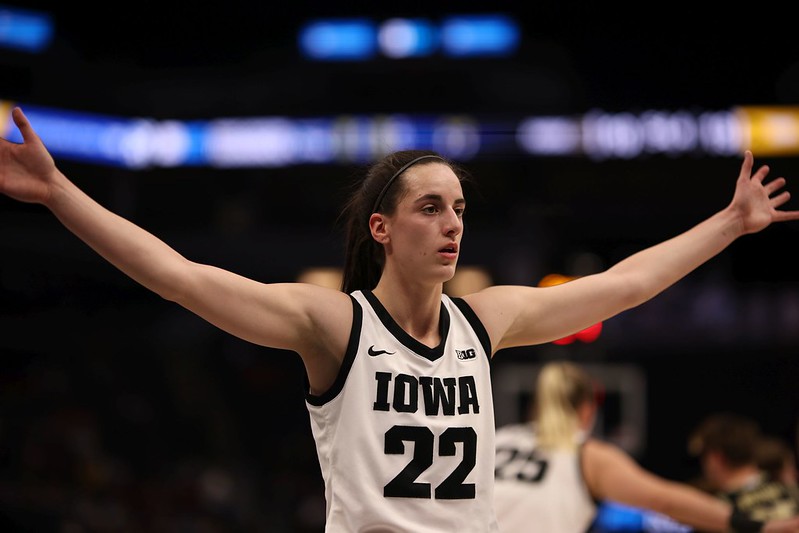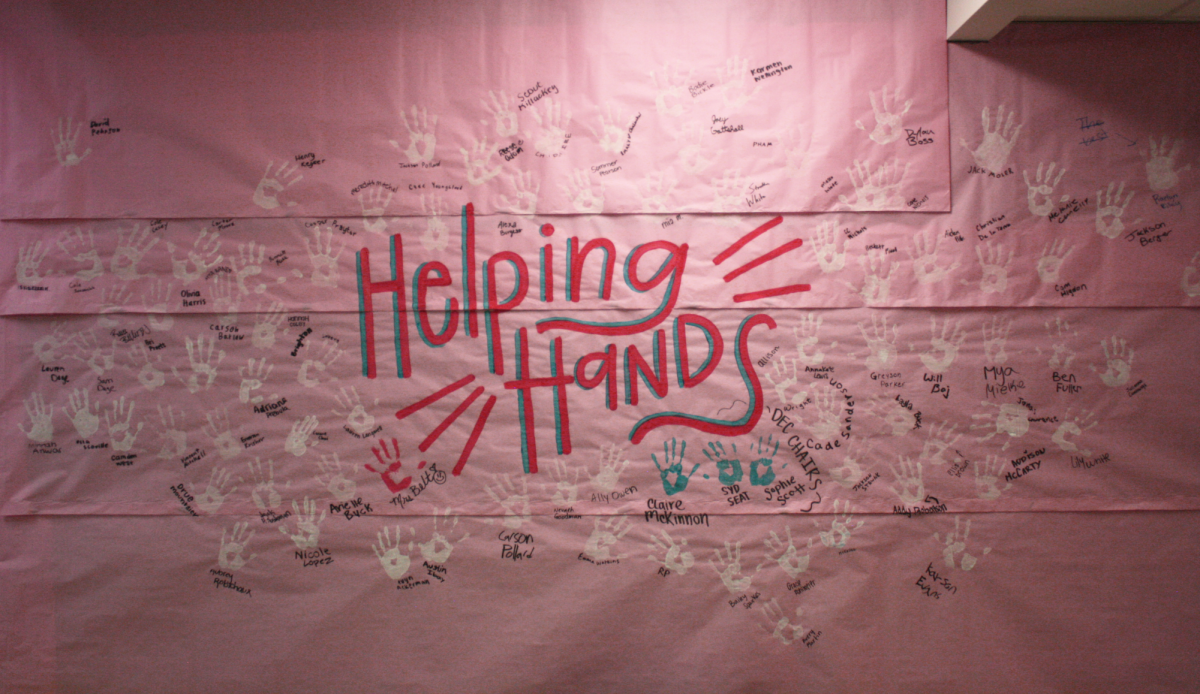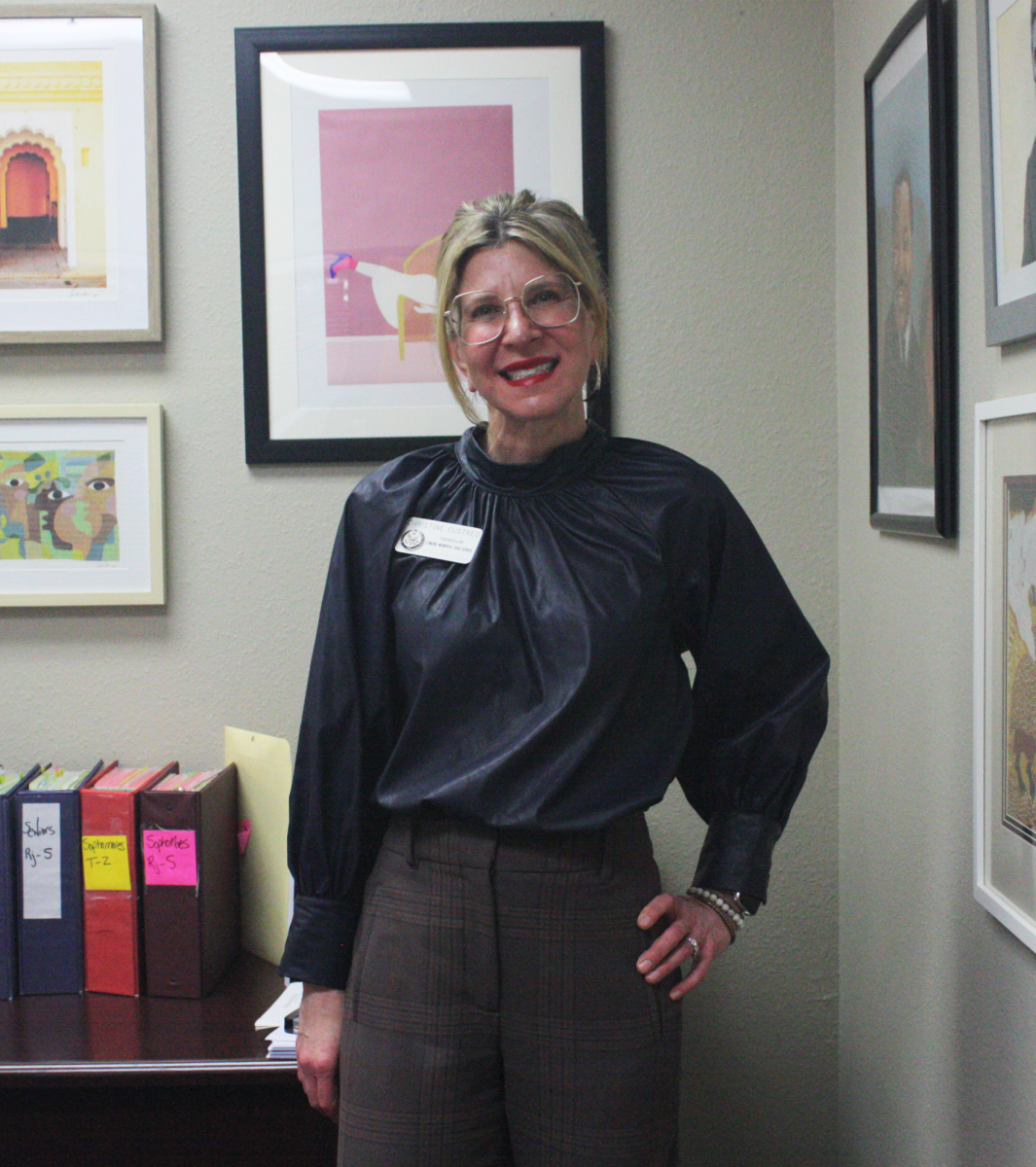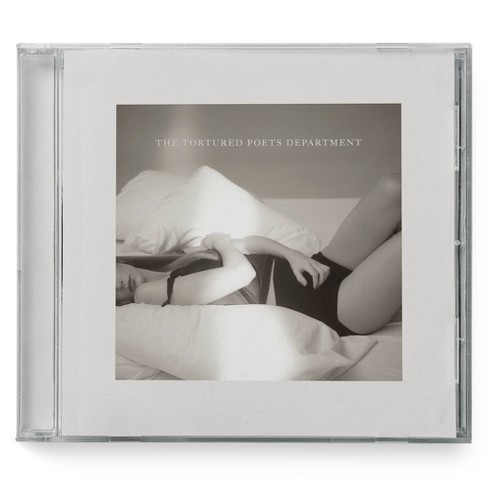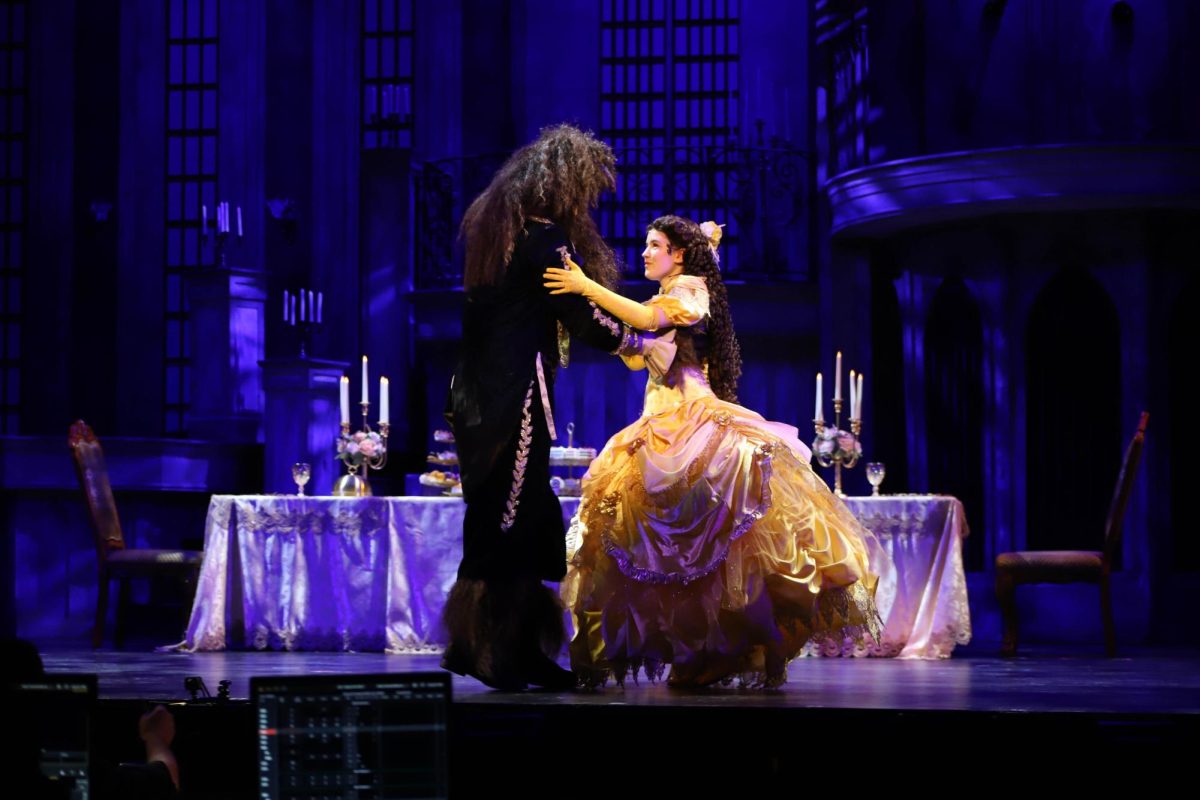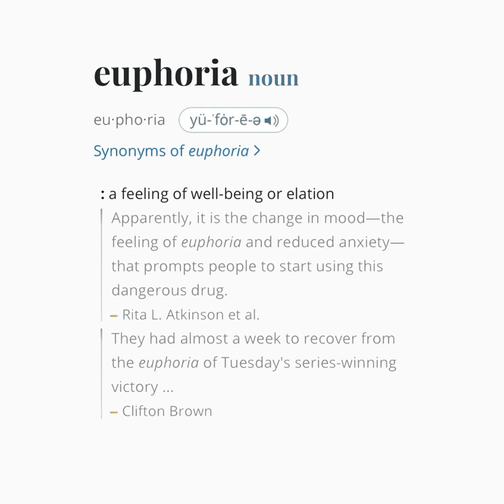Rom-Coms: are they unrealistic?
May 3, 2021
For ages, girls have grown up watching romantic comedies (rom-coms) and chick flicks. While these stories are often light hearted and funny they can also be detrimental due to portrayal of the characters and their love lives.
The characters in these films often have an ideal life with a high paying job and a perfect love interest. Shows and films such as these give girls unrealistic expectations and put pressure on them to achieve the “perfect” life.
However, the “perfect” life is different for everyone. Some may want to be an accountant, an artist or a stay at home mom. Some may grow up living with their pets and never having a serious relationship while others may marry when they’re just 18. Usually, an “average life” is where people struggle with making their bills on time, finding a job that lifts them up and appreciates them, or finding a person that is the right one.
To add conflict to the story, writers will often add a fight but in the end, the two main characters will run back to each other. While this does add a little bit of a break from the perfect picture, it is still often unrealistic in the way they portray it.
For instance, in “27 Dresses,” a writer, Kevin Doyle (James Marsden), works with the main character, Jane Nichols (Katherine Heigl), to write an article about her sister’s wedding. However, he goes behind her back and writes about her different bridesmaid gigs and how her sister is a bridezilla (a bride who plans her wedding in an obsessive and controlling manner). Jane becomes frustrated because he has violated her trust and stops talking to him. This is something many people in real life would end up filing a defamation of character lawsuit for. Instead, the end of the movie depicts a perfect wedding between Kevin and Jane.
Another thing they often show is a dramatic makeover scene where they change their hair or dress style. One example of this is the iconic makeover scene in “The Princess Diaries.” In order to make her more like a princess, they take her frizzy hair and straighten it, then take off her glasses. This can lead to bad self image for many young people as they are stereotyping certain features such as curly hair or glasses as less pretty than other features. Scenes like this may give young girls the impression that they have to change themselves in order to be loved, when in reality, the person they end up with will love them for who they are.
A common trope is also one where a woman who focuses on her career too much, “The Proposal,” or is only doing it to impress her male boss, “27 Dresses,” Fortunately there are also instances where they are also doing it for themself, like in “The Wedding Planner” or “Legally Blonde.”
If we make stories where the relationship doesn’t work out or the man and women stay best friends, we can lower the expectation of young girls and show them any ending can be a happily ever after even without “true” love or a “picture perfect” life.
Contact Adeline Gruen at [email protected]









